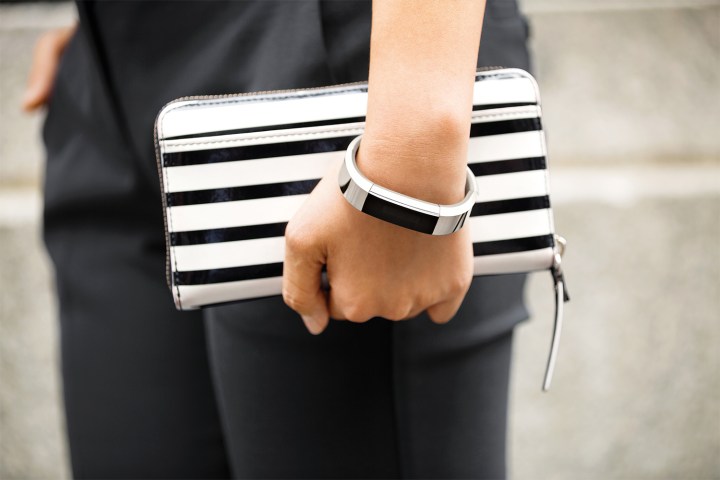
Related: See here for Fitbit products and accessories
The match may sound odd, at first glance, but dig into the details and it starts to make sense. Fitbit’s not investing in Coin’s current product offering, Coin 2.0, but instead bringing the company’s near-field communication, mobile, and wireless talent on board for as-yet unspecified future projects. And as a bonus, it’s getting Coin’s software assets and “intellectual property specific to wearable payments.”
Fitbit is hoping the acquisition advances its designs on mobile payments, specifically in the form of “an active NFC payment solution that could be embedded into future Fitbit devices.” But it’ll take time for that dream to come to fruition. In a press release, the company warned that “there are no plans to integrate Coin’s wearable payments technology into the 2016 Fitbit product road map.”
The Y Combinator-backed Coin made a lot of buzz back in November of 2013 when it unveiled the eponymous Coin card, a universal card replacement capable of storing and switching between the magnetic strip information of debit, credit, loyalty, and gift cards. After a meteoric start — it blew past its initial funding goal of $50,000 in less than 40 minutes — and several delayed shipments, its first production product, Coin 1.0, debuted in April of last year. A few weeks later, it introduced a follow-up, Coin 2.0, that featured a thinner physical profile, NFC capabilities, and the ability to get over-the-air updates.
Coin owners are getting the short end of the Fitbit deal’s stick, unfortunately. Coin is halting production and sales of Coin 2.0 cards, it said in a blog post, and ceasing development on Coin 2.0’s firmware, the Coin mobile companion app, and its Coin Rewards and Coin Developer programs. Current Coin users can expect their cards to work for the duration of their built-in battery’s lifetime, Coin said — an estimated two years.
Fitbit has all the incentive in the world to bet big on potential revenue streams like mobile payments. While the firm’s sales eclipsed forecasts in the second quarter of this year, it posted weaker-than-expected guidance on earnings, a shortfall it blamed on high investments in research and development and marketing. Increased competition is likely also at fault — thanks to aggressive pushes by Apple, Garmin, Xiaomi, and others, Fitbit’s share of the wearables market dropped from 38 percent in 2014 to 27 percent last year.

